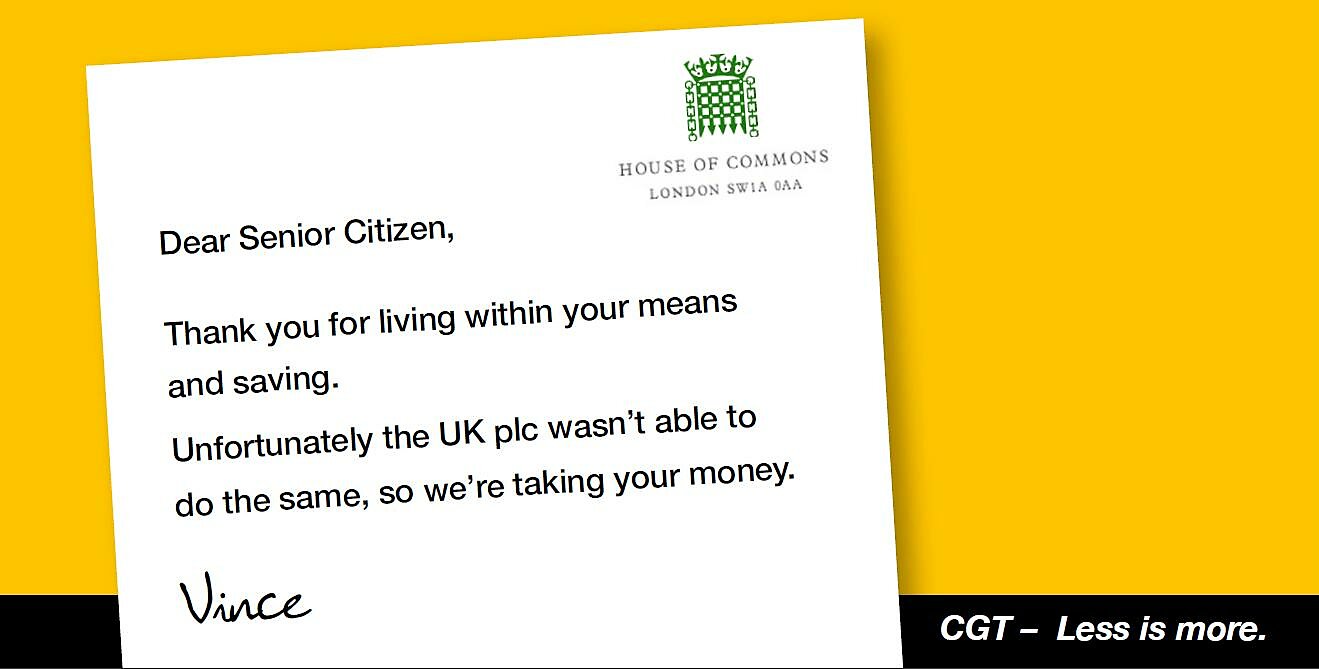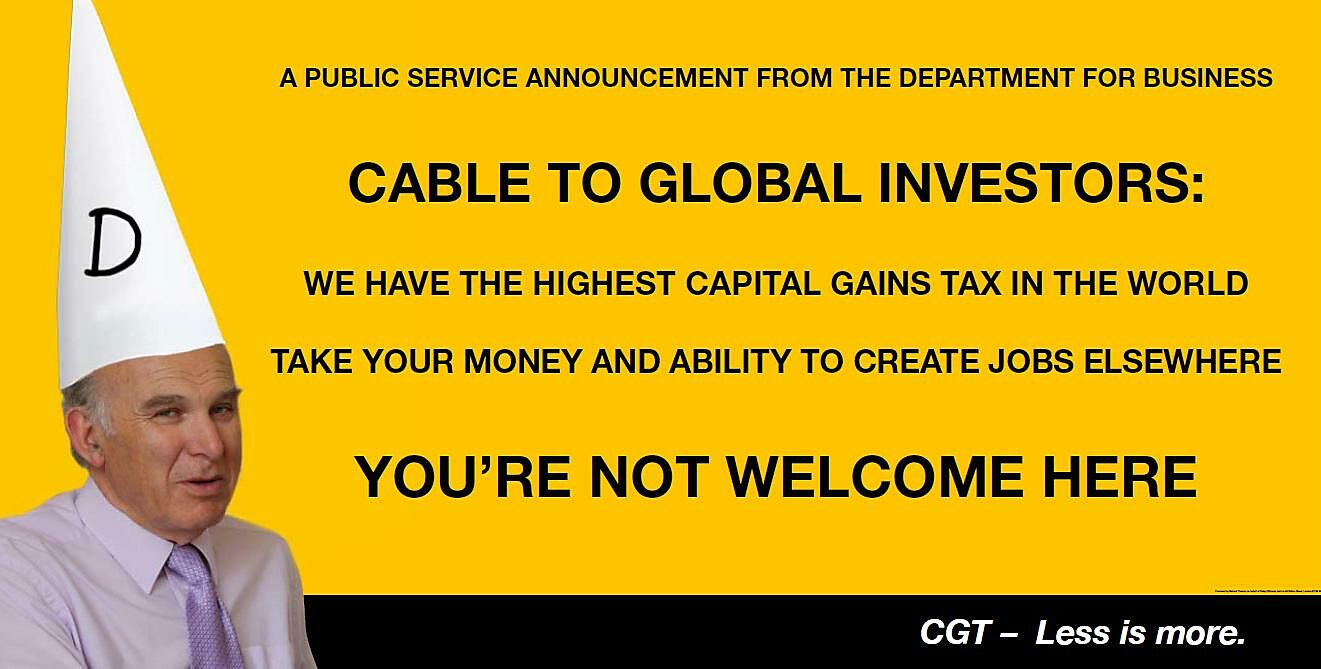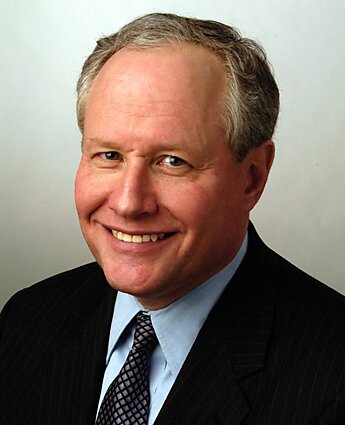NPR reports on more doctors giving up private practices and going to work for hospitals. Hospitals think they can manage care better and get more patients, and doctors like being relieved of administrative headaches. But it isn’t a perfect solution. Reporter Jenny Gold notes one of the problems:
GOLD: This isn’t the first time hospitals have gone doctor shopping. In the 1990s, hospitals bought up as many practices as possible. Dr. Bill Jessee is the president of the Medical Group Management Association. He remembers the ’90s as something of a disaster.
Dr. BILL JESSEE (President, Medical Group Management Association): The first thing a lot of physicians did was took a vacation. And when they came back, they weren’t working as hard as they were before their practice was acquired.
Indeed. This is a standard insight of economics. People work harder when they have something to gain. There are real benefits to the division of labor, including corporations where salaried employees contribute to a joint product, but there are also risks that employees won’t work as hard when their compensation isn’t directly tied to their output. Managers and economists have searched for solutions to the “shirking” problem. In this case the hospitals are experimenting with bonus systems based on how many patients the doctors see. The problem is much more significant, of course, in government, which is far more restricted in its ability to use merit pay, bonuses, or other performance-related pay systems. Thus the widespread impression that government employees don’t work as hard as private-sector employees — and one reason that it’s a good idea to leave as many services as possible in the private sector.
The NPR story also reminded me of Malcolm Gladwell’s New Yorker article on Philo T. Farnsworth, the inventor of television. Gladwell dismisses the romantic notion of the lone inventor and says that Farnsworth would have been better off working for a big corporation, where other people would have worried about raising capital, fending off lawsuits, and all the little details of management and left Farnsworth free to invent:
Farnsworth was forced to work in a state of chronic insecurity. He never had enough money.…he did not understand how to raise money or run a business or organize his life. All he really knew how to do was invent, which was something that, as a solo operator, he too seldom had time for.
This is the reason that so many of us work for big companies, of course: in a big company, there is always someone to do what we do not want to do or do not do well–someone to answer the phone, and set up our computer, and arrange our health insurance, and clean our office at night, and make sure the building is insured. In a famous 1937 essay, “The Nature of the Firm,” the economist Ronald Coase said that the reason we have corporations is to reduce the everyday transaction costs of doing business: a company puts an accountant on the staff so that if a staffer needs to check the books all he has to do is walk down the hall. It’s an obvious point, but one that is consistently overlooked, particularly by those who periodically rail, in the name of efficiency, against corporate bloat and superfluous middle managers. Yes, the middle manager does not always contribute directly to the bottom line. But he does contribute to those who contribute to the bottom line, and only an absurdly truncated account of human productivity–one that assumes real work to be somehow possible when phones are ringing, computers are crashing, and health insurance is expiring–does not see that secondary contribution as valuable.…
Philo Farnsworth should have gone to work for RCA. He would still have been the father of television, and he might have died a happy man.



